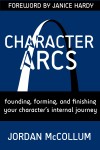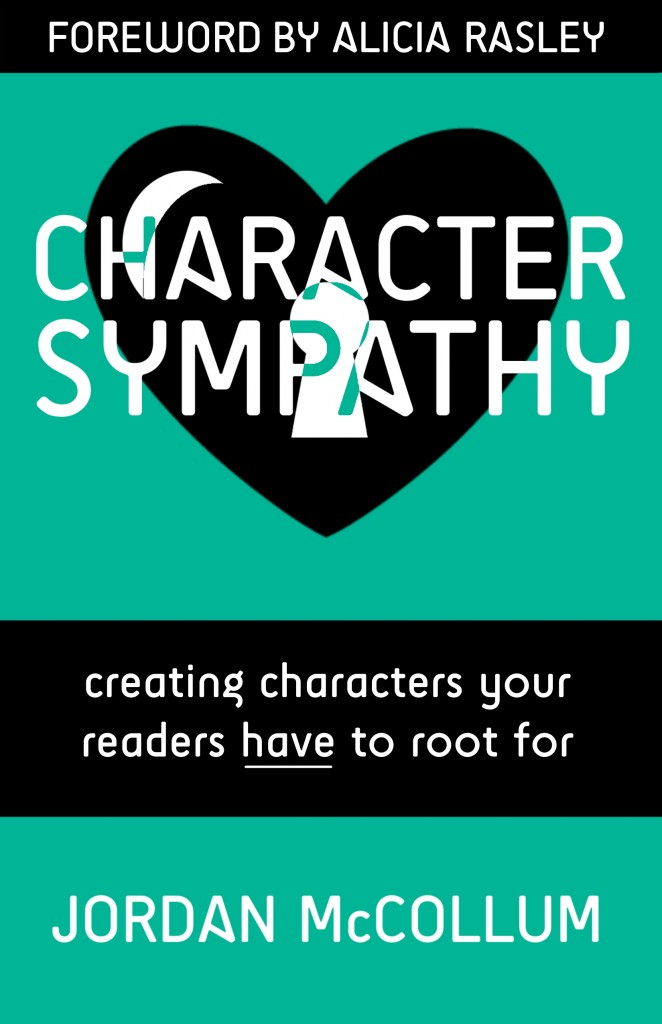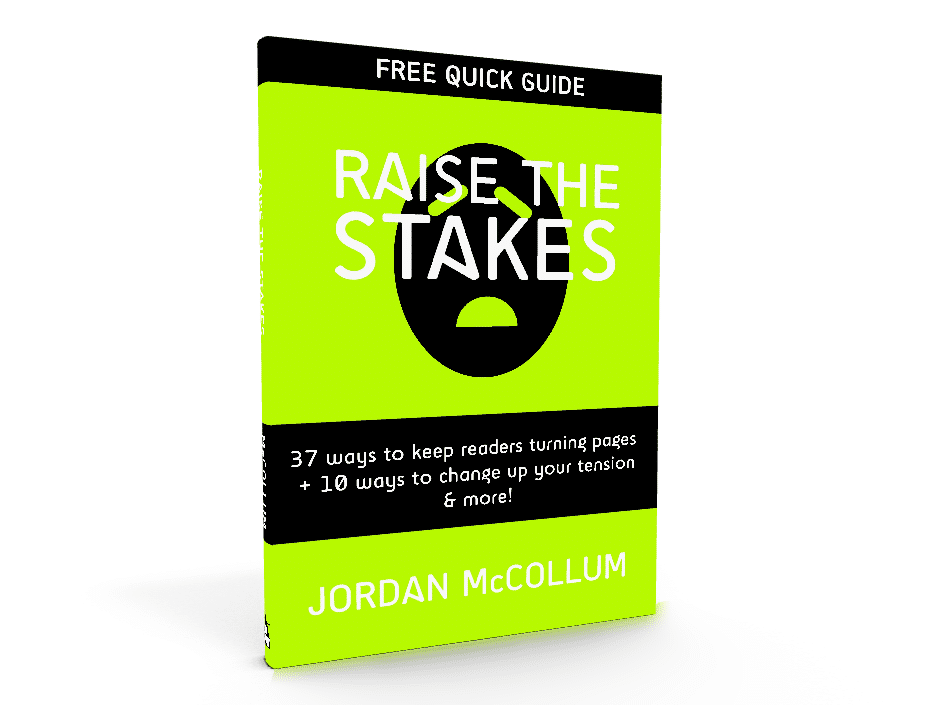It’s my birthday—and my baby’s birthday! How awesome is that?! Almost as awesome as the present I got for you.
Are you struggling with an unlovable character? Do your beta readers hate your heroine? Are your critique partners confused about your character’s motivations? Don’t despair—a little more character sympathy could help you! Learn how to get your reader on your character’s side from the very beginning, to get your reader rooting for your character and riveted to the story.
IS YOUR CHARACTER WORTHY OF YOUR READER?

Often we think of sympathetic characters as those we love or envy or pity, but character sympathy runs deeper than simply liking or feeling sorry for a character. Sympathy in this sense is truly feeling what the character feels, worrying over the same things he worries about, and wanting him to succeed against all odds. If we can get our readers to fully sympathize and identify with our character, our readers will enjoy that journey with our character and then clamor for more.
CHARACTER SYMPATHY will help you:
- Learn what events, actions and characteristics create true sympathy for a character.
- Engineer your character’s motivations and goals to maximize their sympathy.
- Avoid clichéd methods for creating reader identification.
- Foster sympathy for heroes, antiheroes, villains and everyone in between.
- Observe and analyze master storytellers’ techniques to create character sympathy.
Character sympathy isn’t automatic or easy, but it’s necessary for readable fiction. Applying these principles can strengthen any story and any character.
Hook your readers with a character they can really root for.
Praise for Character Sympathy
“Jordan has a knack for developing great characters. In this book she shows how to strike the proper balance to make characters believable and multidimensional. Very helpful for all authors, from newbies to published.”
—Nina Holbrook
“Jordan McCollum’s Character Sympathy offers a clear explanation of why showing trumps telling and why your hero/ines need to work for the reader’s sympathy.”
—Morgyn Star
“From Character Sympathy I learned how to make my characters tick from the beginning.”
—Syakira Sungkar
More about the book
Find the table of contents and more here! Plus, keep an eye out for upcoming character sympathy profiles looking at the techniques storytellers use to get us on the same page as their characters from the very start.
Get it now!
Character Sympathy is available direct from JordanMcCollum.com (in PDF, Kindle/.mobi & ePub formats) and from Amazon, Barnes & Noble, and Kobo! Paperback will be available as soon as my final proof arrives for approval.
 Also in the Writing Craft Series
Also in the Writing Craft Series
Character Arcs: Founding, forming and finishing your character’s internal journey is available direct from JordanMcCollum.com and Amazon and in paperback—and now at Barnes & Noble! It’s also processing at Kobo now, too.
 Several types of humor work particularly well with this, including wit and sarcasm, especially used in a self-deprecating way. Being able to poke fun at herself makes a character more endearing. Making fun of another character in a mean-spirited way, bullying, and cruelty, however, are very likely to backfire on the character-sympathy level.
Several types of humor work particularly well with this, including wit and sarcasm, especially used in a self-deprecating way. Being able to poke fun at herself makes a character more endearing. Making fun of another character in a mean-spirited way, bullying, and cruelty, however, are very likely to backfire on the character-sympathy level.
 2.) I wrote a trilogy featuring characters from Ireland. Over the years, I’ve spent approximately 1,000,000 hours studying Irish language, slang and culture 😉 .
2.) I wrote a trilogy featuring characters from Ireland. Over the years, I’ve spent approximately 1,000,000 hours studying Irish language, slang and culture 😉 .


